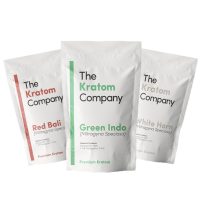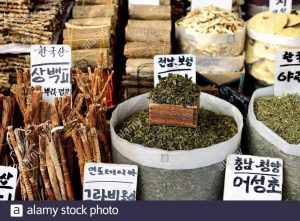Home » Help Fight the Potential Kratom Ban in North Carolina

Help Fight the Potential Kratom Ban in North Carolina
- Anthony Dent, Founding Member
- No Comments
In North Carolina, the discussion around kratom is intensifying with legislative actions like House Bill 563. Lawmakers are considering classifying kratom as a controlled substance, which could have profound effects on those who depend on it. This article explains the situation and provides actionable steps to counter the potential North Carolina kratom ban.
Understanding the North Carolina Kratom Ban
The evolving legislative environment in North Carolina poses a threat to kratom’s legality. By understanding the intent and modifications of House Bill 563, citizens can better grasp what’s at stake. Initially, House Bill 563 aimed to regulate the sale of kratom products, ensuring safety and authenticity. This approach received unanimous support in the House as it sought to protect consumers.
The intention was never to prohibit kratom but to control its distribution responsibly. The Senate’s amendments to the bill mark a drastic shift. By proposing kratom’s reclassification as a controlled substance, they risk outlawing it entirely. This reclassification is alarming because it undermines the original intent of regulation in favor of a sweeping North Carolina kratom ban, threatening the accessibility of kratom in the state.
Why the Ban is Concerning
The implications of this potential ban are profound, particularly for those who rely on kratom in North Carolina. Labeling it as a controlled substance can pose several risks. Kratom serves as a lifeline for those who rely on it to ease discomfort, soothe day-to-day aches, and support their daily health routine. Cutting off access means stripping these individuals of an important tool for managing their overall well-being.
This potentially leads to increased reliance on less effective or more harmful substances. Criminalizing kratom could introduce severe legal penalties for users, casting a shadow of stigma over a community already grappling with societal challenges. This legal categorization, in the case of a North Carolina kratom ban, could unfairly label users as criminals, intensifying the social barriers they face.
The Importance of the Kratom Consumer Protection Act
Instead of prohibition, the focus should be on responsible regulation as encapsulated by the Kratom Consumer Protection Act. This act advocates for oversight that ensures quality and safety rather than a blanket ban. Effective regulation acts as a safeguard, providing consumers with confidence in the quality of the products they purchase. It maintains consumer autonomy while protecting public safety through clear guidelines and standards.
How to Take Action
Opposing the potential North Carolina kratom ban requires collective effort and engagement from residents. Reach out to local Senators, sharing your personal experiences with kratom. Express how crucial it is in your life and advocate for conscious regulation over outright prohibition. Personal stories can be powerful in influencing legislative deliberations. Mobilize community support by organizing forums or using social media platforms to highlight the issue. Encourage dialogue, share information, and unite with fellow supporters to present a stronger front against the ban.
Learn More About Kratom’s Legality in Your State
Stopping the North Carolina kratom ban is not only about preserving access to buying quality kratom; it’s about standing up for the principle of informed choice and consumer rights. By banding together and making our voices heard, we can ensure that regulatory actions are guided by caution and compassion, not fear. Keeping kratom available under regulated conditions can be the key to a balanced approach that prioritizes both safety and freedom.
Want to learn more about kratom’s legality in your state? Explore our blog at The Kratom Company.
Featured Products
-
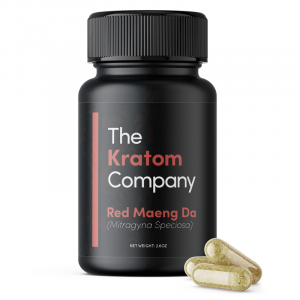 From $24.00Select options This product has multiple variants. The options may be chosen on the product page
From $24.00Select options This product has multiple variants. The options may be chosen on the product page -
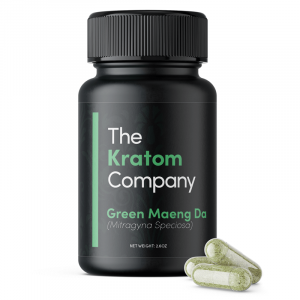 From $24.00Select options This product has multiple variants. The options may be chosen on the product page
From $24.00Select options This product has multiple variants. The options may be chosen on the product page -
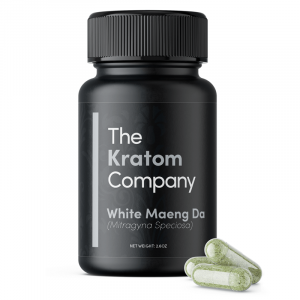 From $24.00Select options This product has multiple variants. The options may be chosen on the product page
From $24.00Select options This product has multiple variants. The options may be chosen on the product page
Explore More Posts
Product Search
Featured Products
-
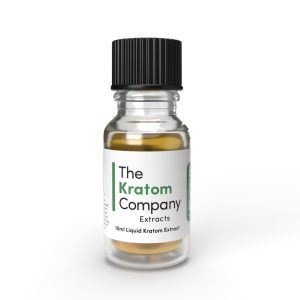 Pure Kratom Liquid Extract
Rated 4.72 out of 5From $20.00
Pure Kratom Liquid Extract
Rated 4.72 out of 5From $20.00 -
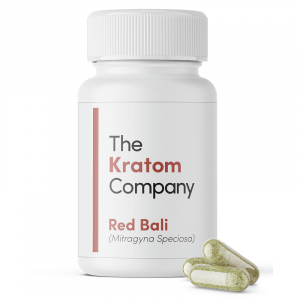 Red Vein Bali Kratom Capsules
Rated 4.70 out of 5From $24.00
Red Vein Bali Kratom Capsules
Rated 4.70 out of 5From $24.00 -
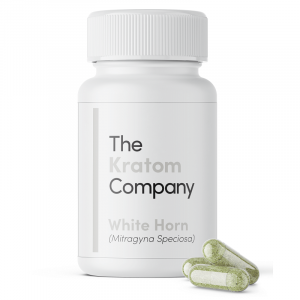 White Horn Kratom Capsules
Rated 4.88 out of 5From $24.00
White Horn Kratom Capsules
Rated 4.88 out of 5From $24.00
Follow Us
Strains
Blogs
NEWSLETTER
Sign up for our newsletter!

These statements and products presented on this website have not been evaluated by the Food and Drug Administration FDA. The products mentioned on this website are not intended to diagnose, prevent, treat or cure any diseases or health conditions. Therefore any information on this website is presented solely as the opinions of their respective authors who do not claim in any way shape or form to be medical professionals providing medical advice. The KRTM Company and its owners or employees cannot be held responsible for, and will not be liable for the inaccuracy or application of any information whatsoever herein provided. By purchasing our products you agree that you are aware and in compliance with your local county, state, or federal regulations. Must be 21 years or older to purchase Kratom. The US FDA has not approved kratom as a dietary supplement. We do not ship to the following states, cities and counties in the US where Kratom is banned: Alabama, Arkansas, Indiana, Rhode Island, Vermont, Wisconsin, Sarasota County, FL, Union County, MS, Denver, CO, San Diego, CA, and Jerseyville, IL.

